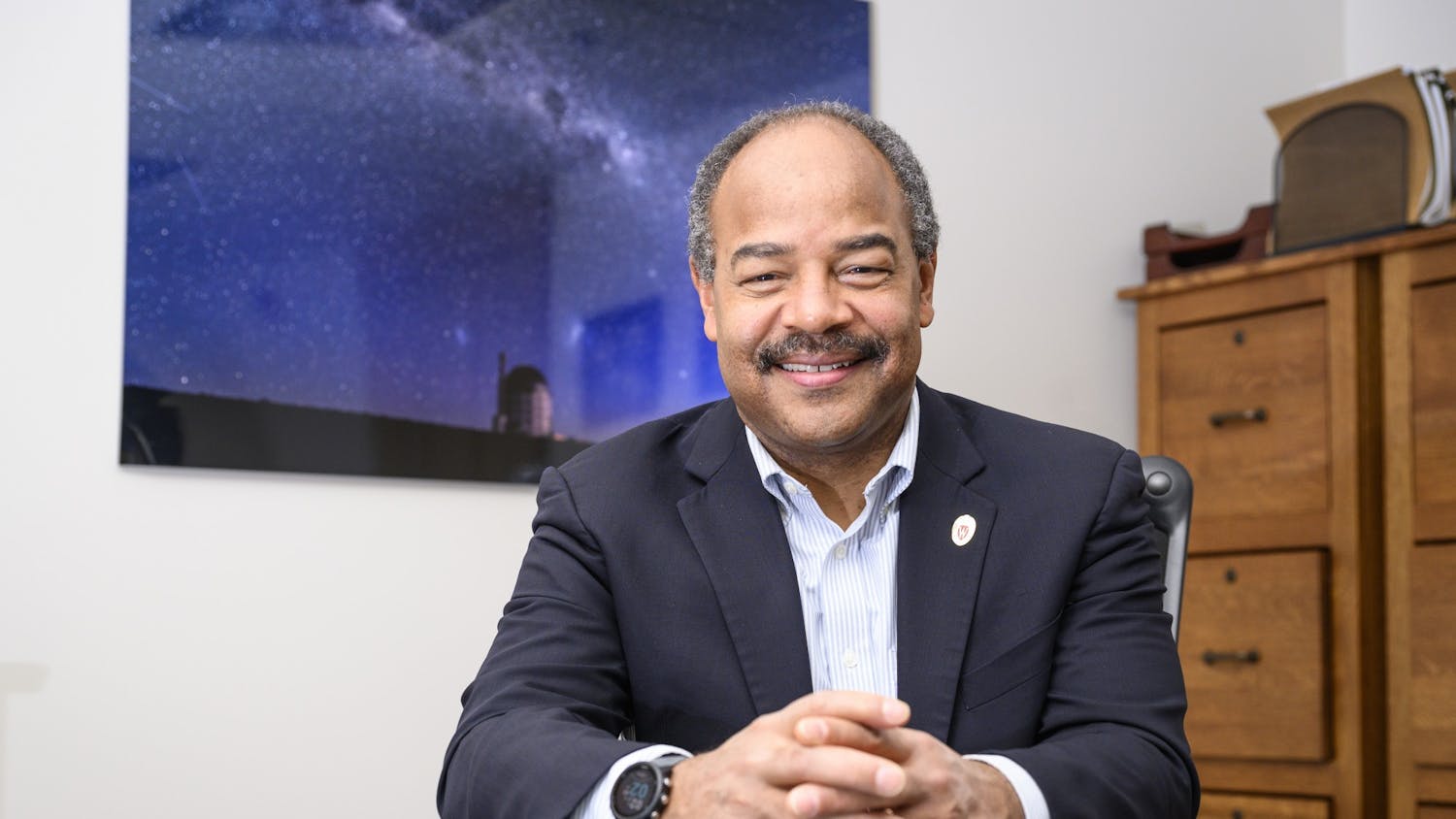The gender gap, the recall election and the accuracy of recent gubernatorial polls were debated by a four-person panel made up of experts in political science.
The panel was made up of Charles Franklin, the director of the Marquette Law School Poll, Michael Wagner, assistant professor in the UW-Madison School of Journalism, Paul Maslin, an associate of FM3, a public opinion research and strategy company, and Brad Jones, a PhD candidate at the UW-Madison Department of Political Science.
The panel fielded questions about the upcoming gubernatorial election with each expressing his perspective on recent polls. Maslin argued that even though current polls show Walker and Burke within a few percentage points of each other, the results of the reelection will not be as close as current polls suggest.
“The fact is, there are people in Wisconsin that do change their minds—people that, even today are up for grabs,” Maslin said.
Both Wagner and Franklin disagreed with his position, citing the closeness of recent polls and the margin of error that can add unpredictability to the final result.
The panel also addressed the gender gap. Franklin said Burke has led among women by six to 14 points whereas Walker has led among men by 11 to 28 points. Franklin pointed out that recent polls show a decrease in the gender gap, which he considers to be changeable.
“People think of the gender gap as a fixed thing, but it’s really not,” Franklin said.
The 2011 Walker recall effort was brought up as a potential factor in people’s political attitudes. Some voters, Wagner explained, might have voted for Walker in the recall election because they were against recalls but may not vote for him again in a regular election.
Maslin also addressed the problem with telephone polls, acknowledging that less than 10 percent of people called actually respond. Maslin said the 10 percent had been relatively representative of the entire population in the past, but at some point could be an issue for pollsters.
“Some election is going to happen where that response rate is going to create a situation, where the people who respond are different from the ones that don’t and someone’s going to miss it,” Maslin said.






